Seasonal allergies can be tough on anyone, but when your baby is the one sniffling and sneezing, it’s heartbreaking. You might find yourself wondering, “Is it a cold? Is it allergies? Or just a phase?” It’s confusing, right?
The truth is that seasonal allergies can affect little ones just as much as adults. The challenge lies in figuring out what’s causing those watery eyes and endless sneezes. But don’t worry – you’re not alone in this. Many parents face the same struggle when allergy season rolls around.
The good news? There are simple ways to help your baby feel more comfortable and breathe easier. So, whether you’re a first-time parent or a seasoned pro, we’ve got some practical tips to make allergy management a little less daunting.
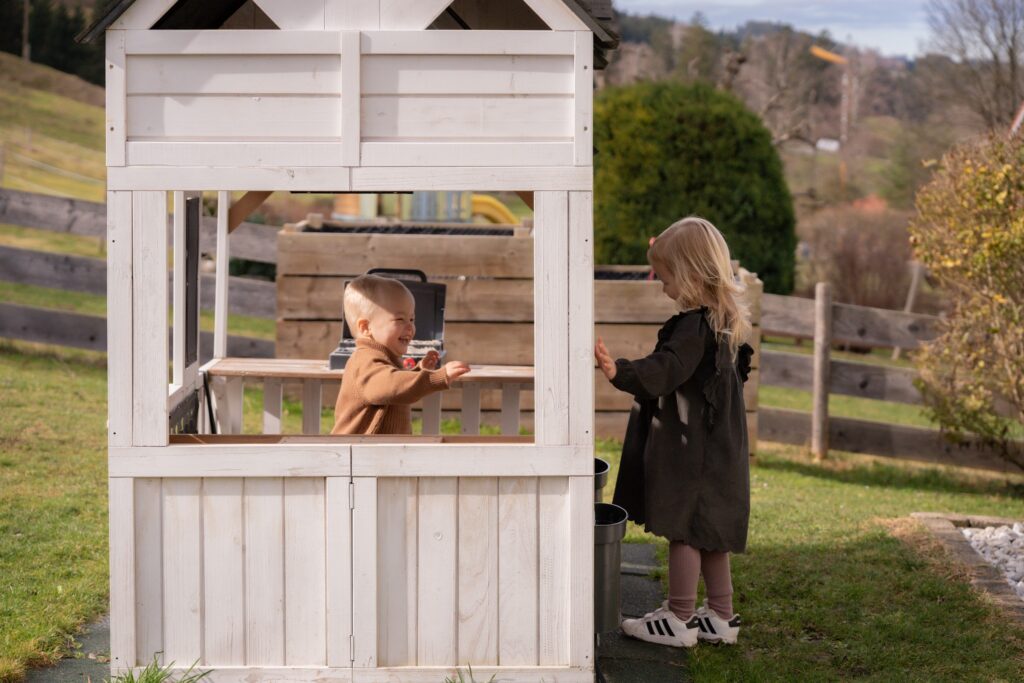
Understanding Seasonal Allergies in Babies
Babies can’t tell what’s wrong, so it’s up to you to spot the signs. Seasonal allergies can show up as sneezing, a runny nose, itchy eyes, or mild coughing. Sometimes, it looks like a cold, but it usually comes with a fever and only lasts about a week. So, if your baby’s symptoms stick around or get worse outdoors, allergies might be the problem.
Common allergens include pollen from trees, grass, and flowers. Dust mites and pet dander can also trigger symptoms. Watch for patterns. Does your baby’s nose start running when windows are open? Or do they sneeze more after playing outside? Spotting these triggers can help manage allergies better.
Creating a Safe Environment at Home
Your home should be a safe place for your baby, especially during allergy season. So, try to reduce allergens as much as you can. Use air purifiers to get rid of pollen and dust from the air. Wash your baby’s bedding often in hot water to remove mites and pollen that may have settled.
Keeping windows closed on days with high pollen levels can really help. Instead, use air conditioning to keep the house cool. Vacuuming regularly with a HEPA filter can also clear allergens from carpets and rugs. The goal is to make your home a comfortable and safe space for your baby to breathe easily.
Try Natural Remedies and Comfort Measures
Sometimes, a few simple remedies can make a big difference. A saline spray can help clear your baby’s nasal passages. It’s gentle, safe, and doesn’t involve harsh chemicals. Humidifiers are also helpful. They add moisture to the air and prevent dryness that can irritate your baby’s nose and throat.
Cool compresses work well for itchy, red eyes. Just place a clean, damp cloth over your baby’s eyes for a few minutes. Also, keeping your baby hydrated is important. Make sure they drink plenty of fluids during high season.
Over-the-Counter Allergy Relief
When natural methods aren’t enough, over-the-counter solutions might be necessary. It’s important to choose products that are specifically made for kids. Look for options that use clean, non-toxic ingredients. One popular example is allergy medicine for kids, designed to provide relief without harsh additives. Products like these can help manage symptoms while being gentle on your baby’s system.
But before giving any medication, always check the label and follow dosage instructions carefully. Prioritizing products that are safe and formulated for children can make a big difference in comfort and safety.
Consulting Your Pediatrician
Sometimes, despite your best efforts, symptoms persist. In these cases, it’s wise to consult your pediatrician. They can help identify specific allergens through testing or recommend treatments that are safe for your baby’s age. It’s always better to ask if you’re unsure about anything related to your baby’s health.
Your pediatrician can also guide you on when to use medication and how to manage long-term allergies. So, don’t hesitate to reach out. Their expertise is invaluable in keeping your baby healthy and happy.
Preventive Measures for Future Allergy Seasons
Planning ahead can make the season more manageable. So, keep an eye on pollen forecasts and plan outdoor activities when counts are low. Investing in hypoallergenic bedding and keeping stuffed animals dust-free can also help reduce symptoms.
If your baby has been particularly sensitive during one season, start preventive measures a few weeks before the next one begins. Small changes can make a big difference, helping your little one stay comfortable as the seasons change.
Concluding Thoughts
Managing allergies in babies isn’t always easy, but with the right approach, it’s possible to make them more comfortable. From creating a safe home environment to choosing gentle remedies, every little step helps.
Stay proactive, keep learning, and remember – you’re doing an amazing job keeping your baby happy and healthy. With a little planning and care, allergy season can become just another part of your routine.


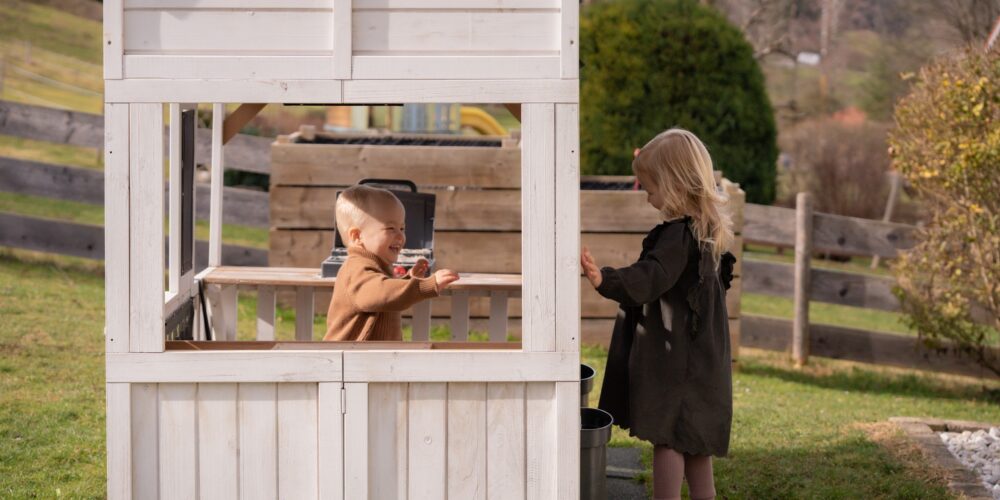
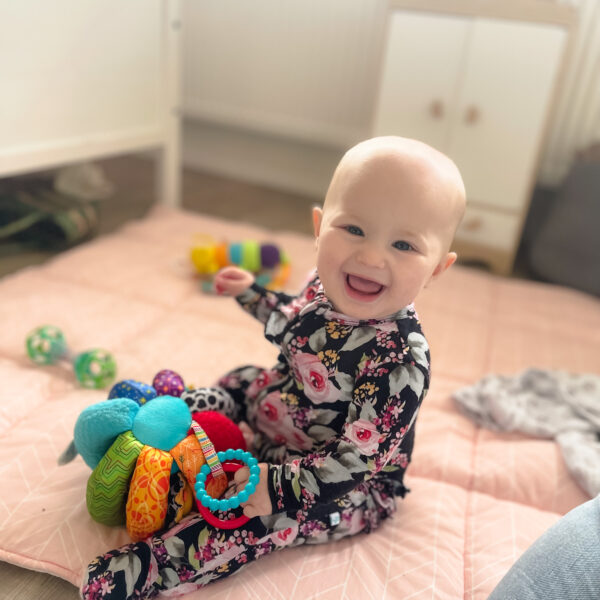
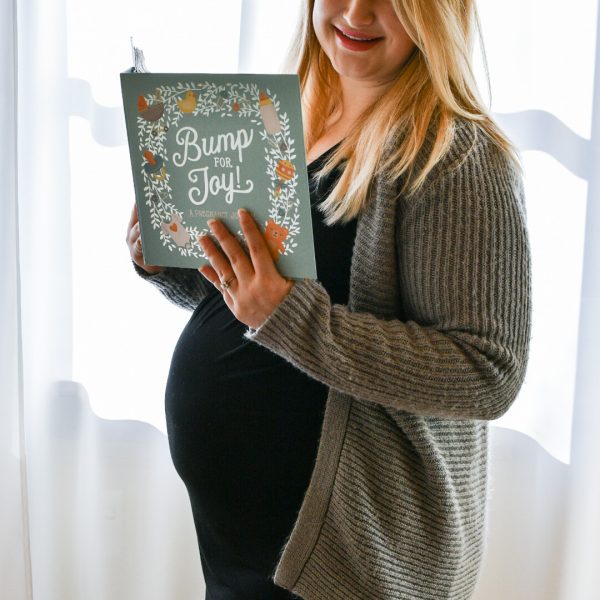
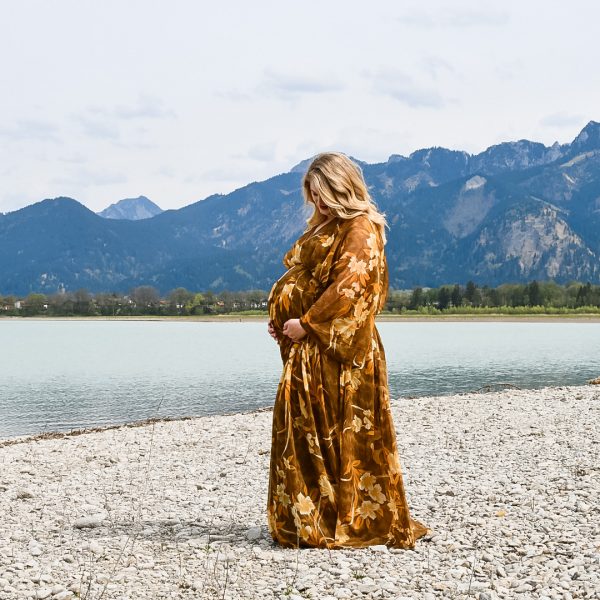



Leave a Reply